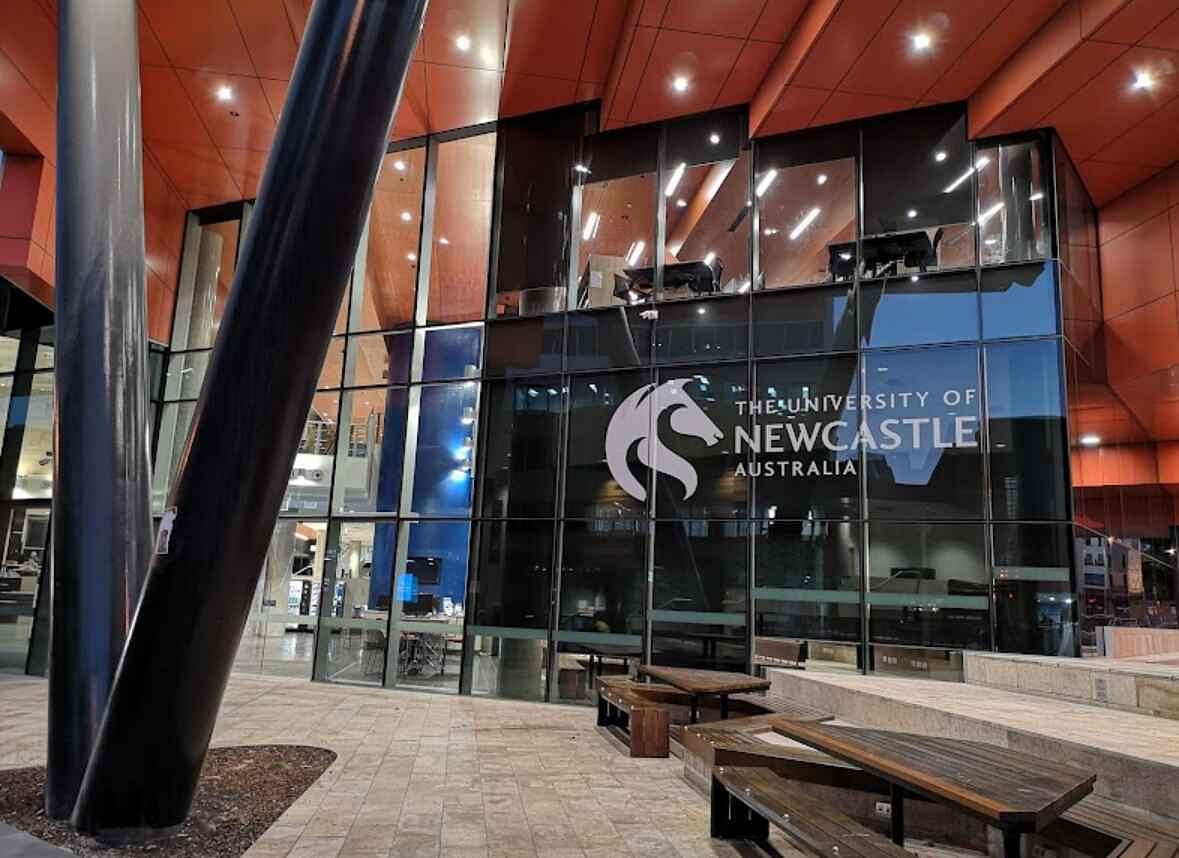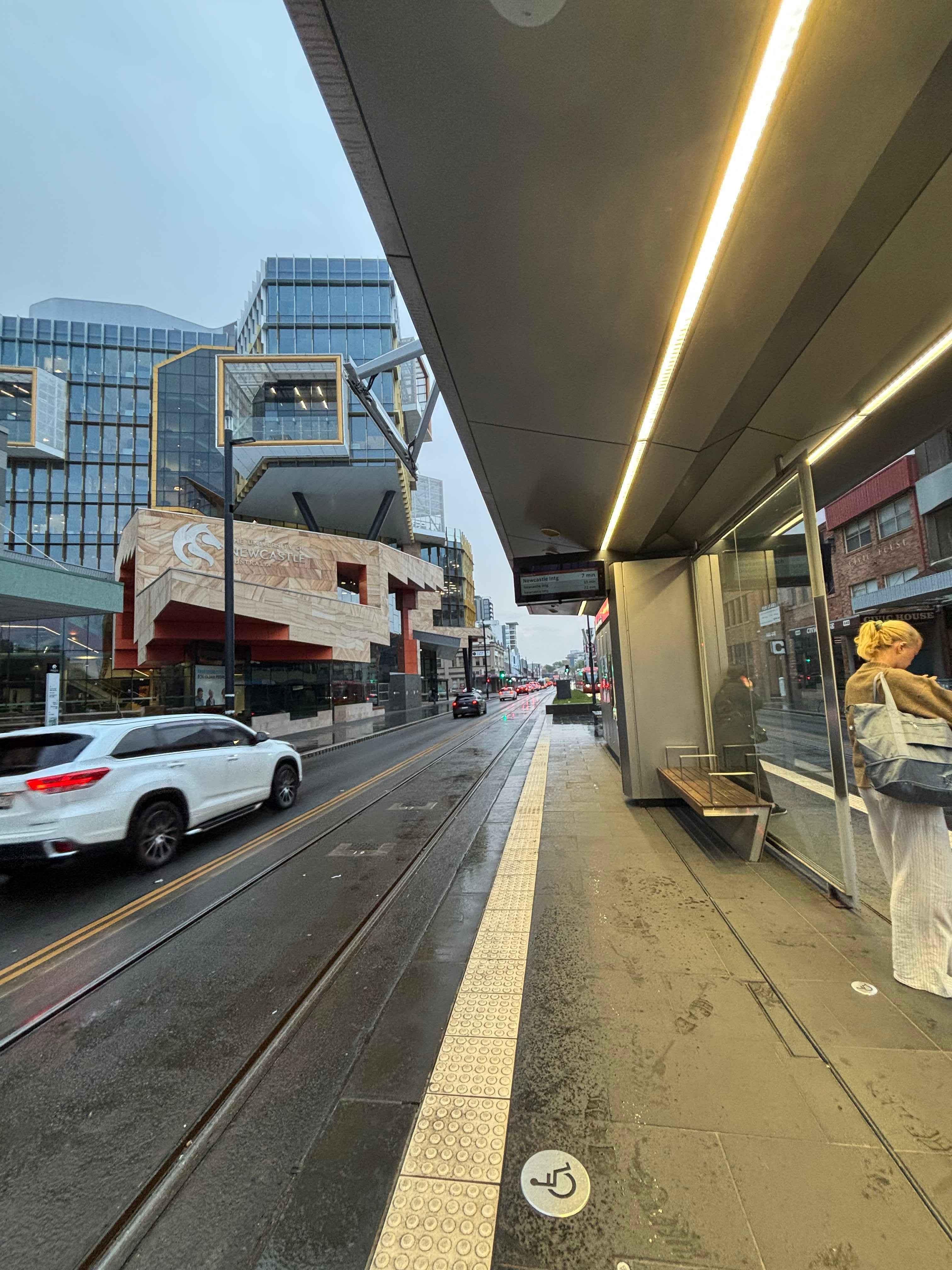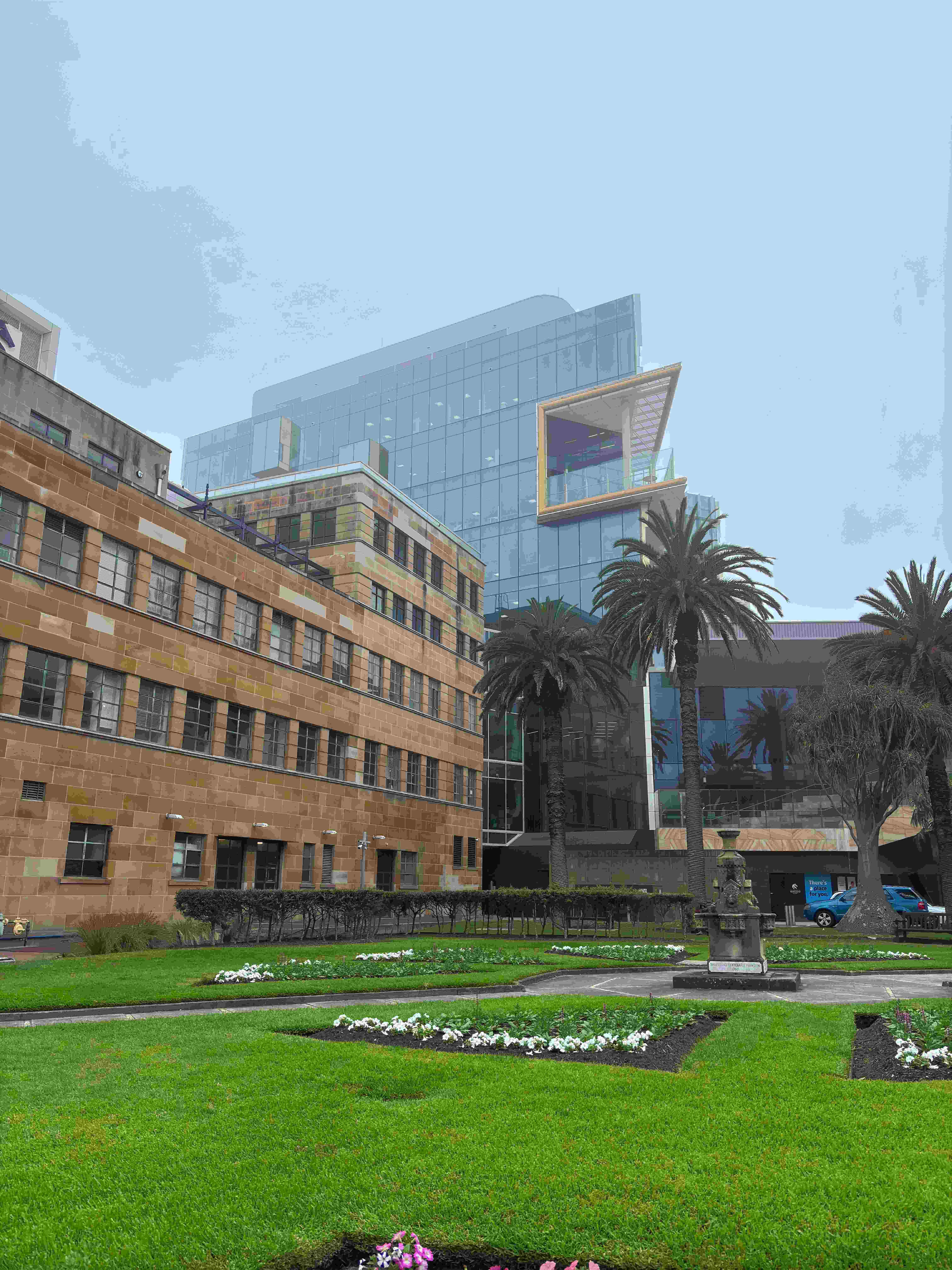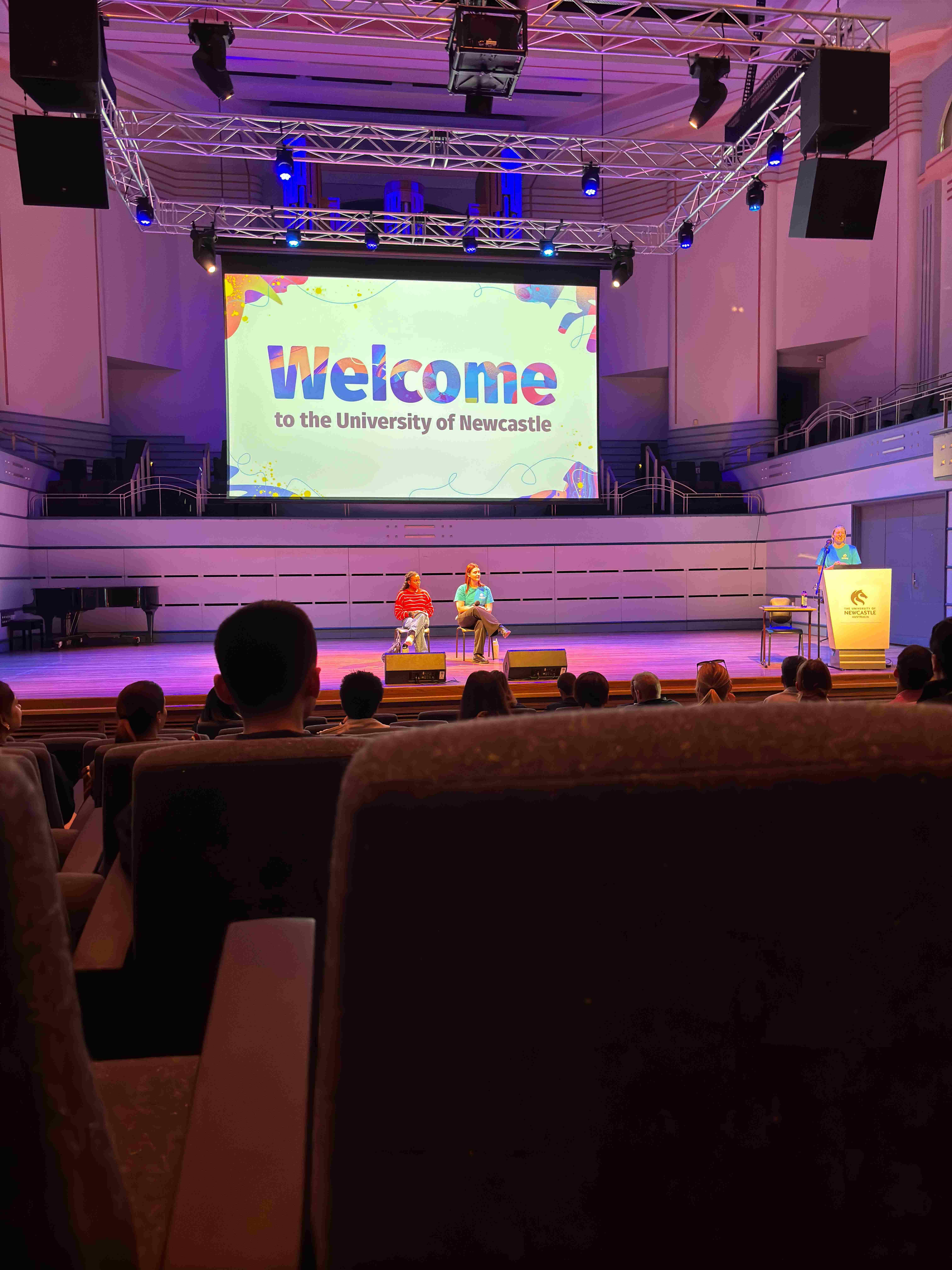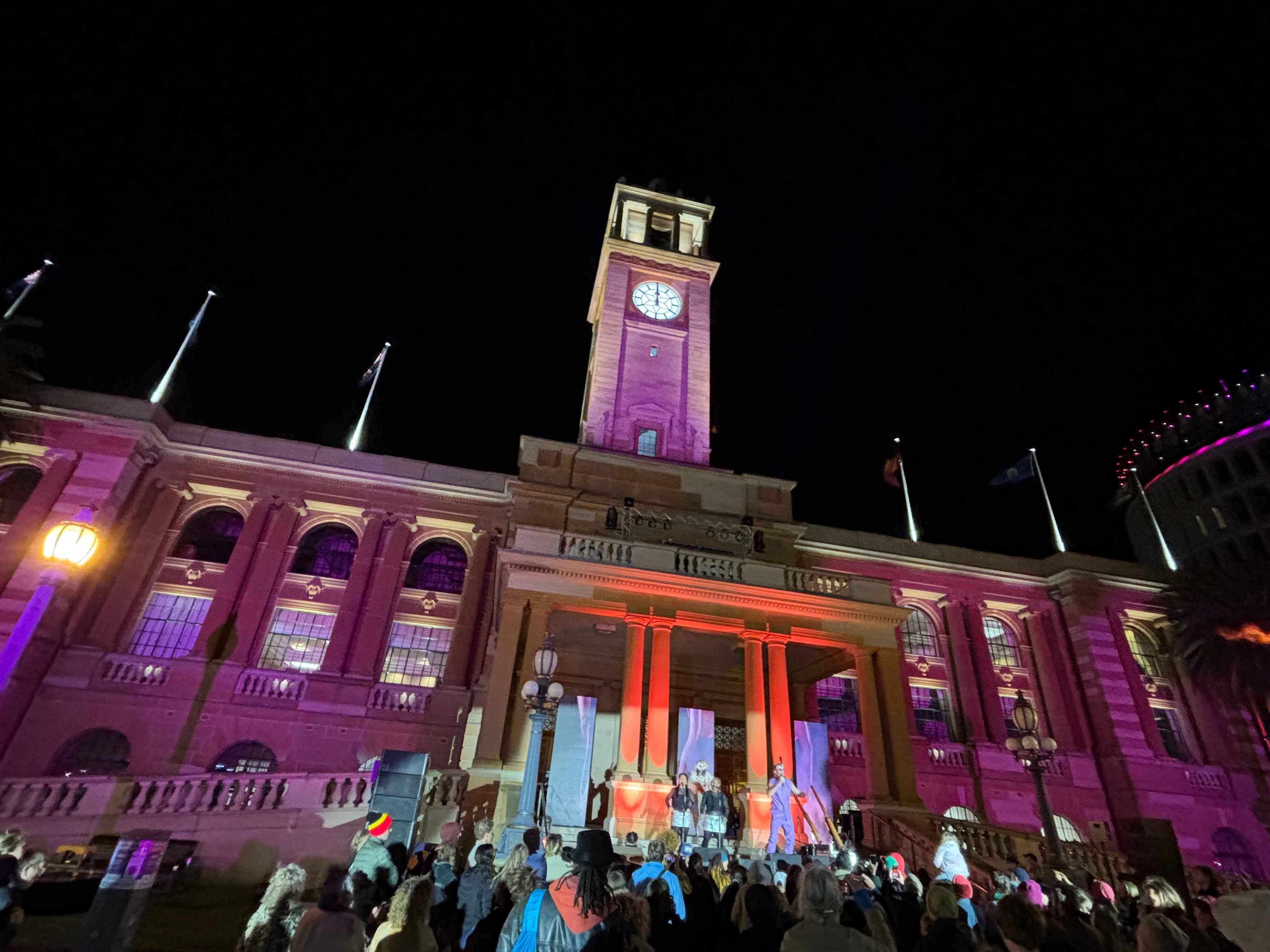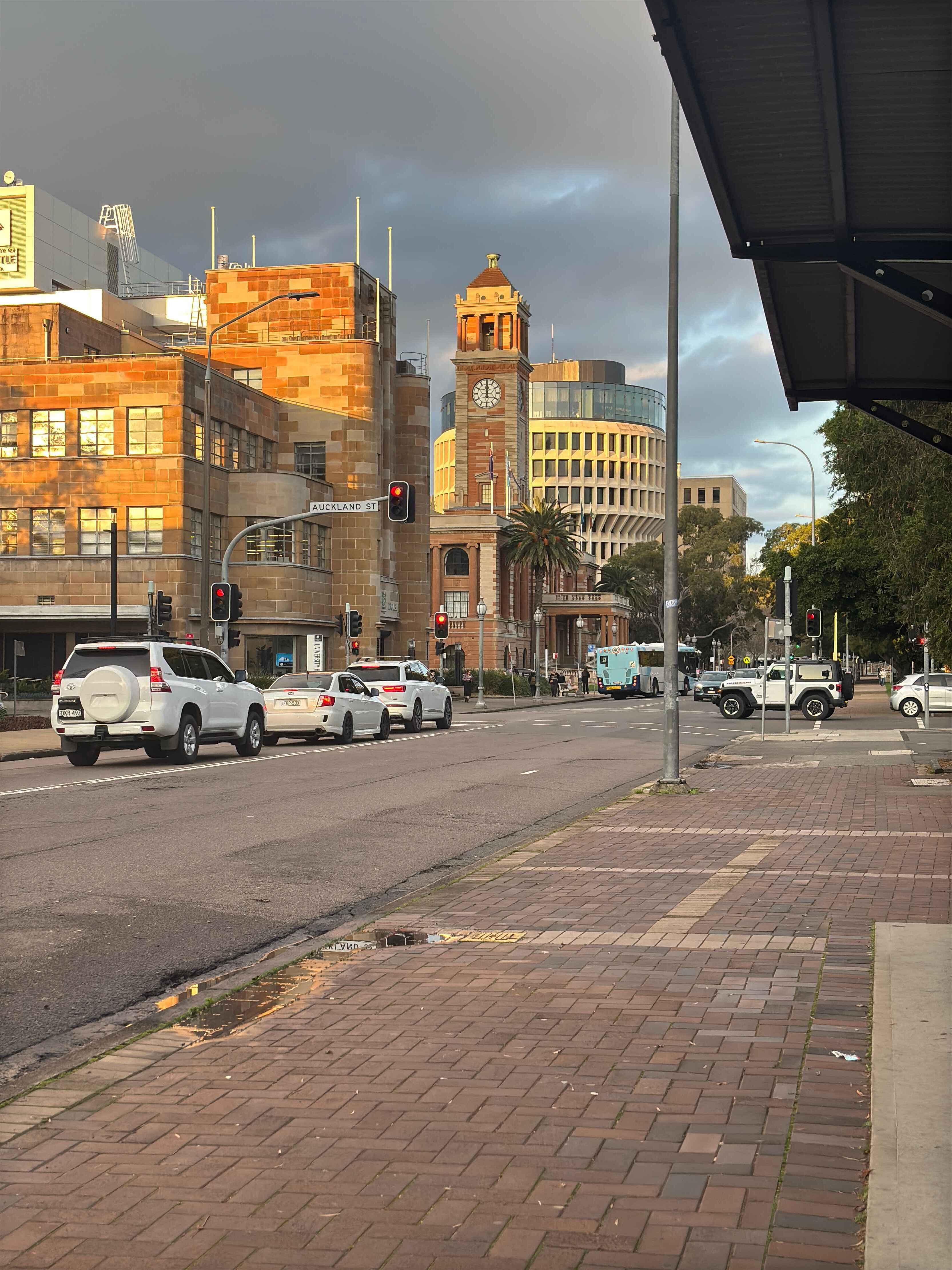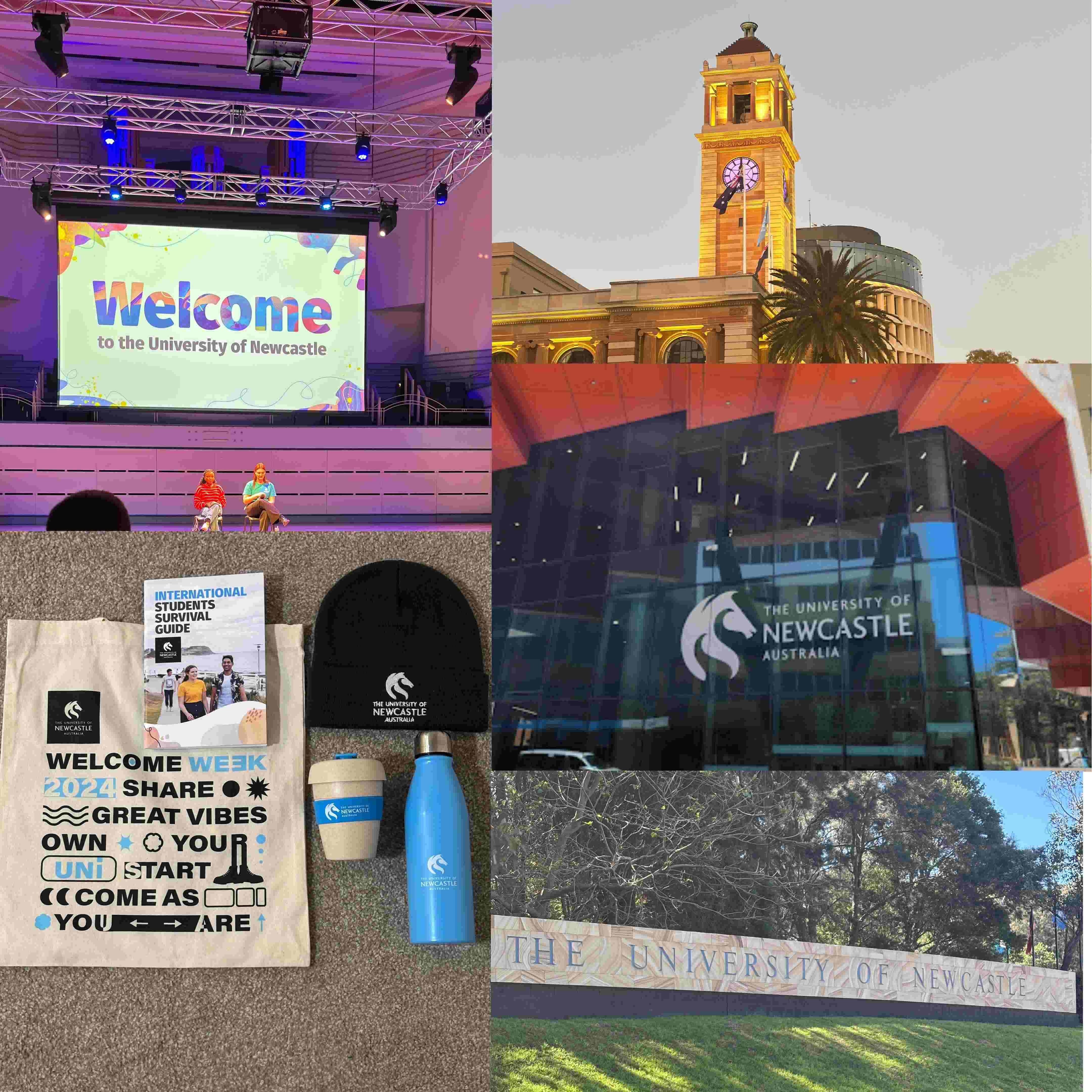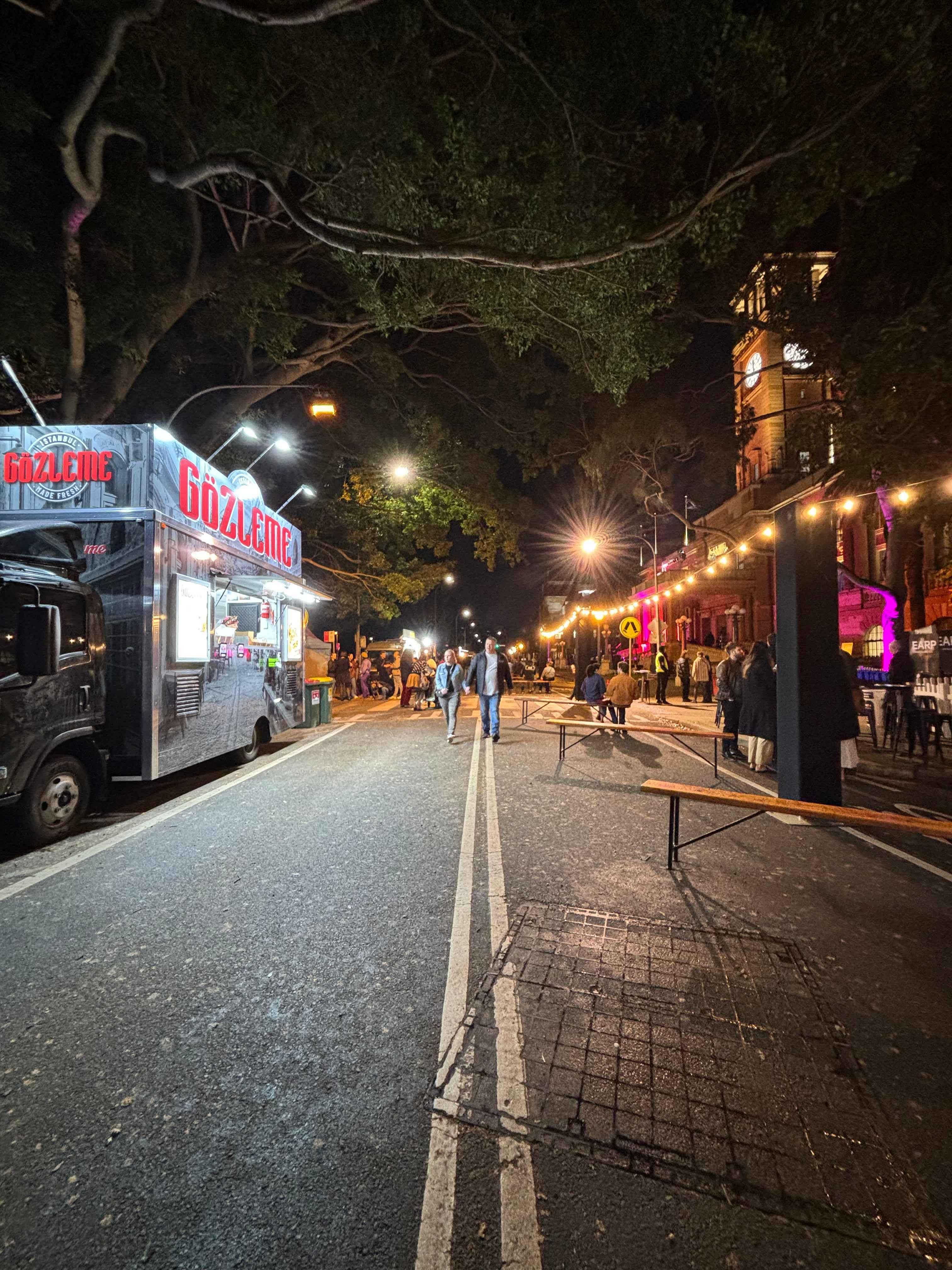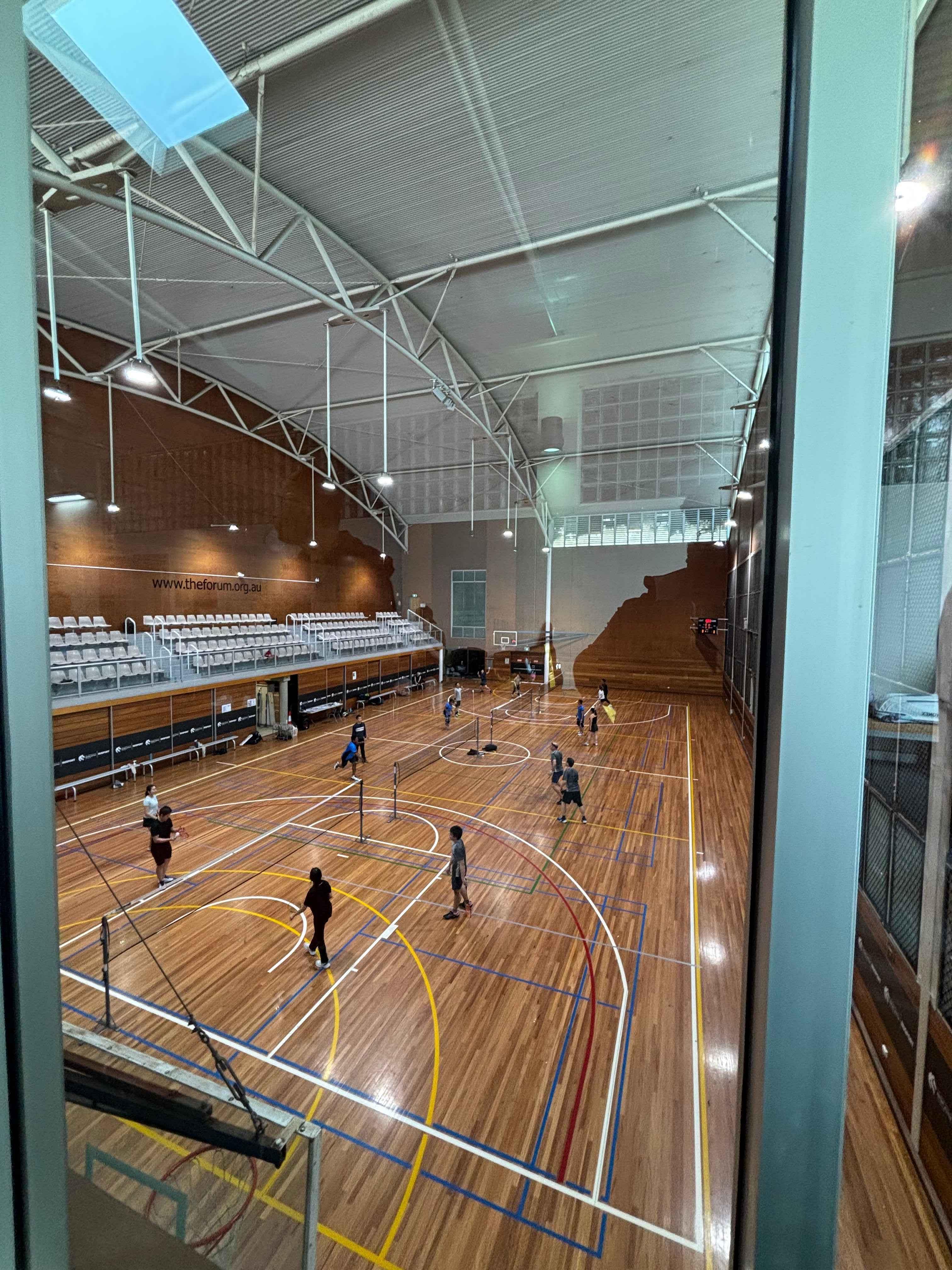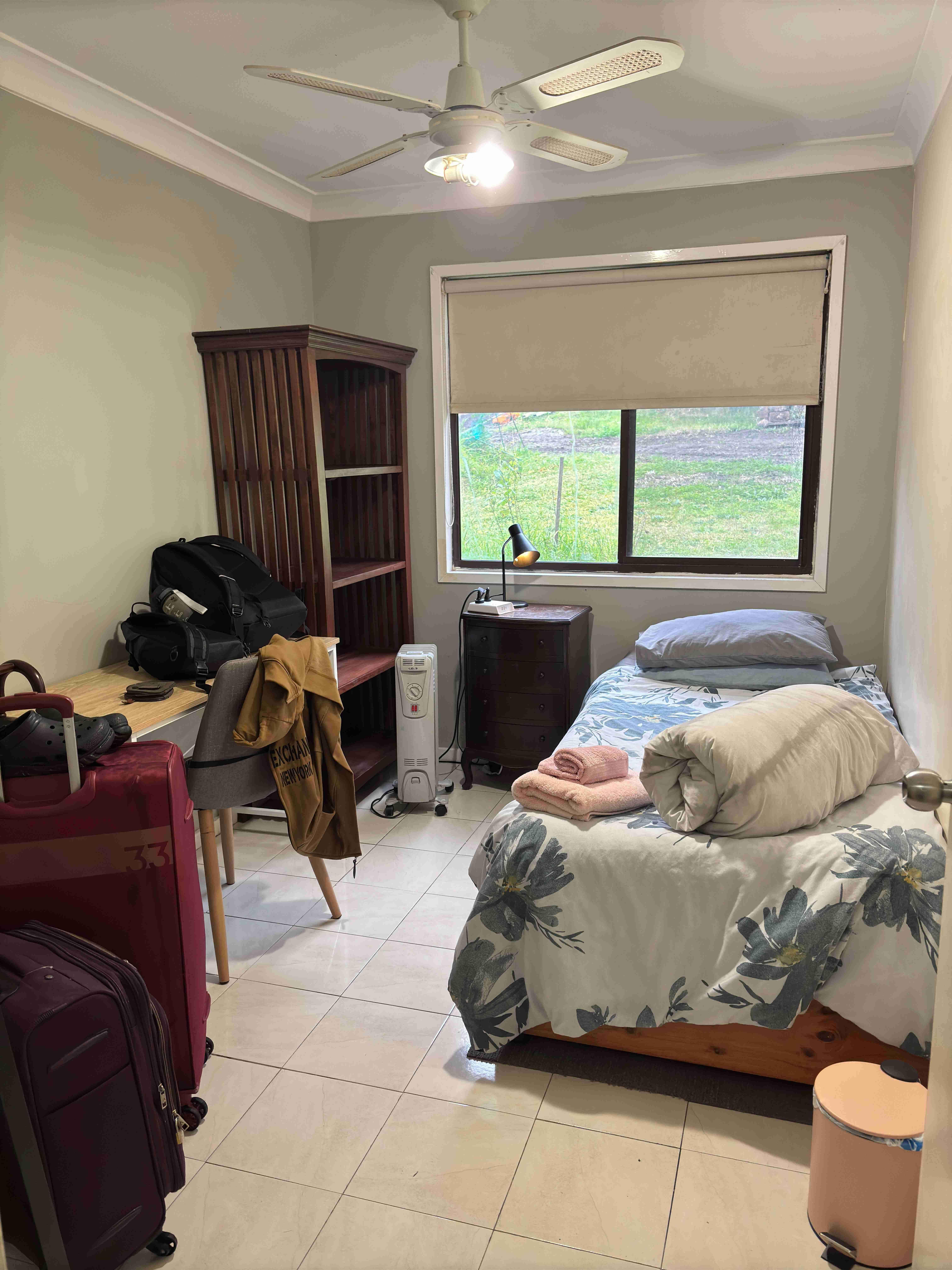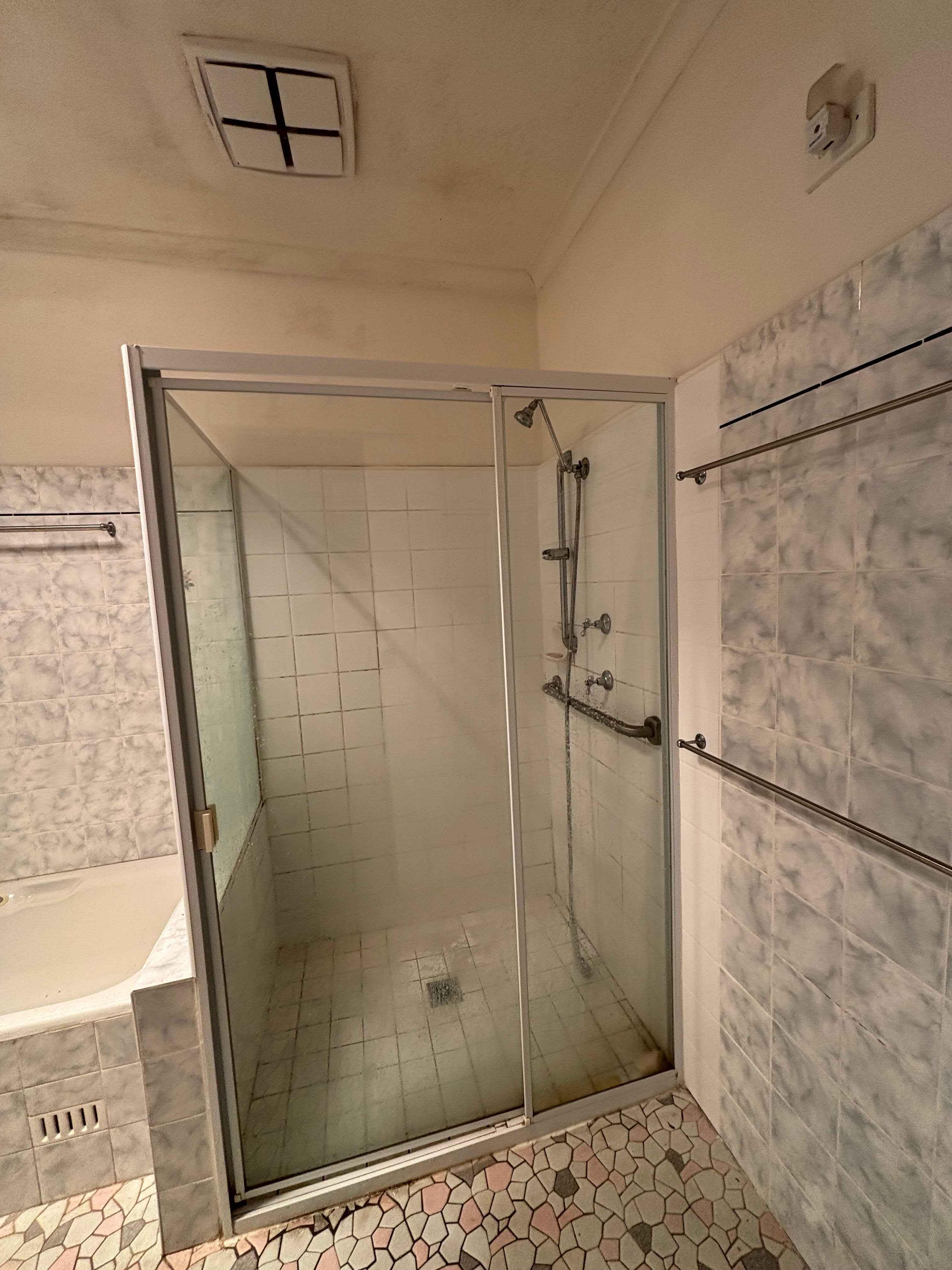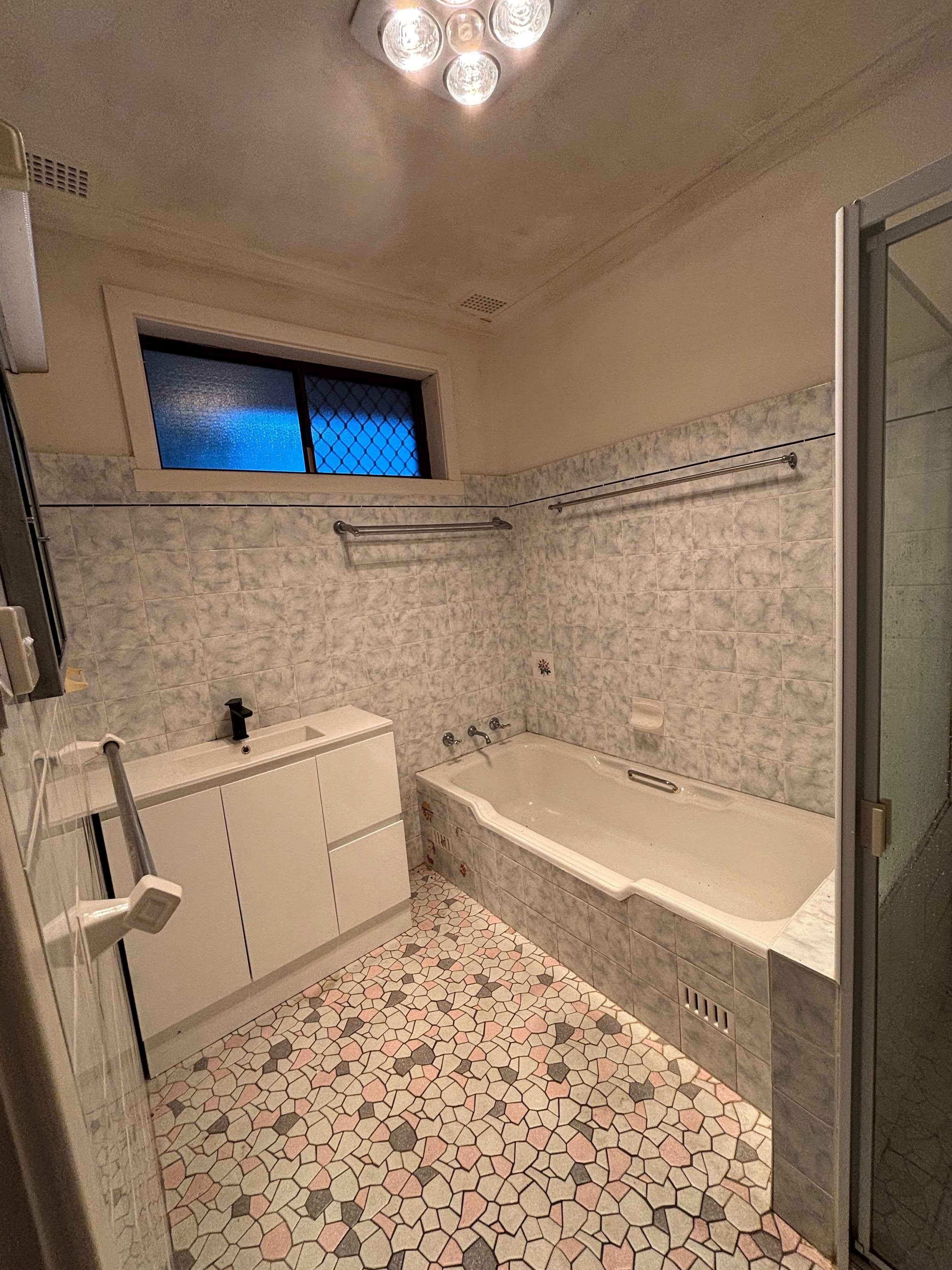What Students Say
Likes
- Many resources provided for students
- Lectures and staff are very friendly and supportive
- External help given to students such ad free groceries.
Dislikes
- Located in a sub urban area unlike cities like Sydney or Melbourne.
- Limited companies in its vicinity.
- Low scholarships provided to students.
Course Curriculum
- As my course is a dual degree programme, it is a bit tough where I had to allocate more time to it since there was a mix of both theoretical and practical, and I had to work pretty tirelessly to achieve the grade I wanted.
- The number of classes per week and timings vary depending on the subjects you choose in the trimester, as the minimum number of subjects per trimester is 3 and the timings for each class vary. Each class is about 2–3 hours. Some of my class timings were in the morning and some in the evening from 6.
- The average students in a class vary as each class has different students; the average from my experience varies from 20 to 90, depending on the subject.
- From my experience, I met around 20–40 Indian students enrolled in my course.
Admission Experience
-
Colleges Applied:
1.RMIT
2.Deakin University
3.University of Newcastle
4.La Trobe University
5.University of New South Wales
6.University of Sydney - All the university i applied to was Admitted.
- Got Confirmed Admission from All six university listed.
- There was No Rejections from any university as i submitted all of my documents clearly and follow all university criteria.
- Reason for Choosing This University:
Multiple campuses and status as a regional university, aiding post-study work visa opportunities. Higher ranking compared to some of the other universities applied to. - I was asked to submit all academic transcripts and documentation from 10th till my bachelor degree and work experience along with IELTS and gmat and a SOPA to the university After getting the offer, I had to pay a deposit to the university to be officially accepted and to receive the coe for visa purposes.
- Eligibility Criteria:
IELTS: Minimum score of 6 in each band and 6.5 overall.
GMAT: Required for MBA or business degrees if switching from a different field. - The application and receiving offer letter were a bit smooth but the COE takes time to be issued as they have to cross-check many factors multiple times.
- I originally applied for the May 2024 intake but had to defer my offer to August 2024 because my visa processing took longer than expected.
- Admission Timeline:
Document Compilation: It took me around one month to prepare and submit all required documents, from academic transcripts, work experience letters, IELTS andGMATt scores, and my SOP.
Offer Letter: The university provided the offer letter about a month after I submitted all my documents along with the application.
CoE: After paying the deposit to accept the offer, it took around two months to receive the Confirmation of Enrolment (CoE). Overall, from preparing documents to getting fully accepted, it took around 4 months; this is without the time taken for visa processing.
Faculty
- The faculty-to-student ratio highly differs, with the students taking the higher side since this is a university. While the ratio is drastic, the lectures are pretty good in their teaching capability and interaction.
- Each faculty has their own teaching methods to help the students with the course, but both the university and the faculty will help the students with the best they can to prepare them for securing jobs
- Almost every faculty will help the students with finding jobs and networking, but it is up to the students to approach the faculty.
- The one I've liked the most since I started was a lecturer named Kenneth. He's the friendliest lecturer and even his lectures are fun to attend He teaches while making jokes and even prepares some fun activities related to the course to keep the students engaged. He also is very helpful outside the university, as we talk and catch up often and even eat outside together. Almost all students look at him like a friend rather than a lecturer.
Campus Life
- My university has 5 campuses located in Callaghan, Newcastle City, Central Coast (Ourimbah), Sydney, and one in Singapore.
- Almost every facility is available for students in the university; it is up to the students to utilise these resources.
- Many major events happen every year in the university; some that happen are open days, university club exhibitions, and much more. There are some that occur that I don't know the names for.
- There are various clubs and extracurricular activities for students. Almost every sport has a club to join and there's student organisations called UNSA that support everything that is related to students.
Part Time Jobs
- There are many students who secure jobs like teaching assistant (TA), research assistant (RA), or departmental assistant (DA), but its quite difficult as only highly experienced and skilled people are able to secure these kinds of jobs.
- The pay rate starts at $25 and goes higher depending on the skills and position.
- The other oncampus jobs for students include student support members, staff and peer assistance members, campus ambassadors, social media and marketing posts and much more. almost all jobs pay rates start from $25 per hour. Many on-campus jobs open up on the university's own career website.
- The hourly pay ranges from 25 to 30 dollars per hour, depending on the position and nature of the job. It is difficult to secure a part-time job as there's a lot of competition and many international students trying to apply and get part-time jobs as well. The usual process here is to hand out resumes to the stores and places where you want to get a job and network or get jobs through references. These are the most common ways of searching for a part-time job.
Placement
- Almost 90% of graduates secure a job after graduating in 6 months. The average salary for jobs starts at $70,000 for graduates, depending on the job.
- The most common method for securing a job is through networking, as it is the most usual method here. Another method is through campus recruitment, where students apply for jobs through university career portals.
- Some of my batchmates got placed in jobs after completing their internship at their companies; most have secured a job in real estate and property management.
- Some of the major companies that hire graduates from my program are KPMG and PWC, which are located nearby the university.
Accommodation
- There are many student accommodation agents who'll help in finding accommodation, i found an house through Facebook where an person posted rooms available and through that, I was able to get accommodation.
- The weekly rent of my accommodation is 200 aud, which comes to 800 aud per month, it includes all electricity and water bill, along with wifi. The room includes a single bed, a study table, and a wardrobe. And the bathrooms are common.
- Finding accommodation based on our preferences, such as location and price, is tough; either we have to find further from the university for less rent or pay high prices to meet our preferences.
- For future students, try to book accommodation through some students already studying there, as they might know some cheaper rental options available and try to get a part-time job as soon as possible to be able to earn enough to choose the accommodation you prefer, as those might help you expand your options when searching for rent.
Exams
- IELTS is compulsory for any application and gmat and gre are required based on the qualification of the individual and the degree applied to.
- The documents required are all academic transcripts from 10th grade to recent degree, work experience letter from employer, IELTS and GMAT score transcript, statement of purpose, and a CV outlining every timeline of academic and work experience.
- Interviews will be based on your application and won't be compulsory for everyone. I didn't get an interview but some of my batchmates did, where the mode of interview was through a call and was conducted by someone from the admissions team. They'll ask questions regarding the information from your application, such as your work experience, your undergraduate degree, and such. And some questions as to why you chose this course and why this university.
Fees
- The tuition fee for my course is charged per trimester. The program requires completing 160 credits, with each course being 10 credits. The fee per course is $5337. I received a scholarship of $30,000 (this amount varies for each person), and $1875 is deducted per course during enrolment each trimester. All amenities and service fees are included in the first trimester’s fees, which are deducted from the deposit made during the acceptance of the offer.
- My monthly expenses come to around $1500, which includes:
- Rent: $800
- Groceries: $200
- Transportation: $200
- Other miscellaneous expenses: $250
Scholarship
- The scholarship I received for my course is the International Excellence Scholarship.The eligibility criteria is that it's awarded to applicants with backgrounds in management, accounting, and finance who have exceptional performance and grades in their undergraduate degrees or work experience.
- The award amount offered is AU$30,000.
- Only two of my batchmates received this scholarship, while others received smaller amounts. This scholarship is given to around 100 students per year based on their undergraduate grades and overall performance. Based on my knowledge, the university also offers other scholarships, with the most common ones ranging from AU$8,000.


